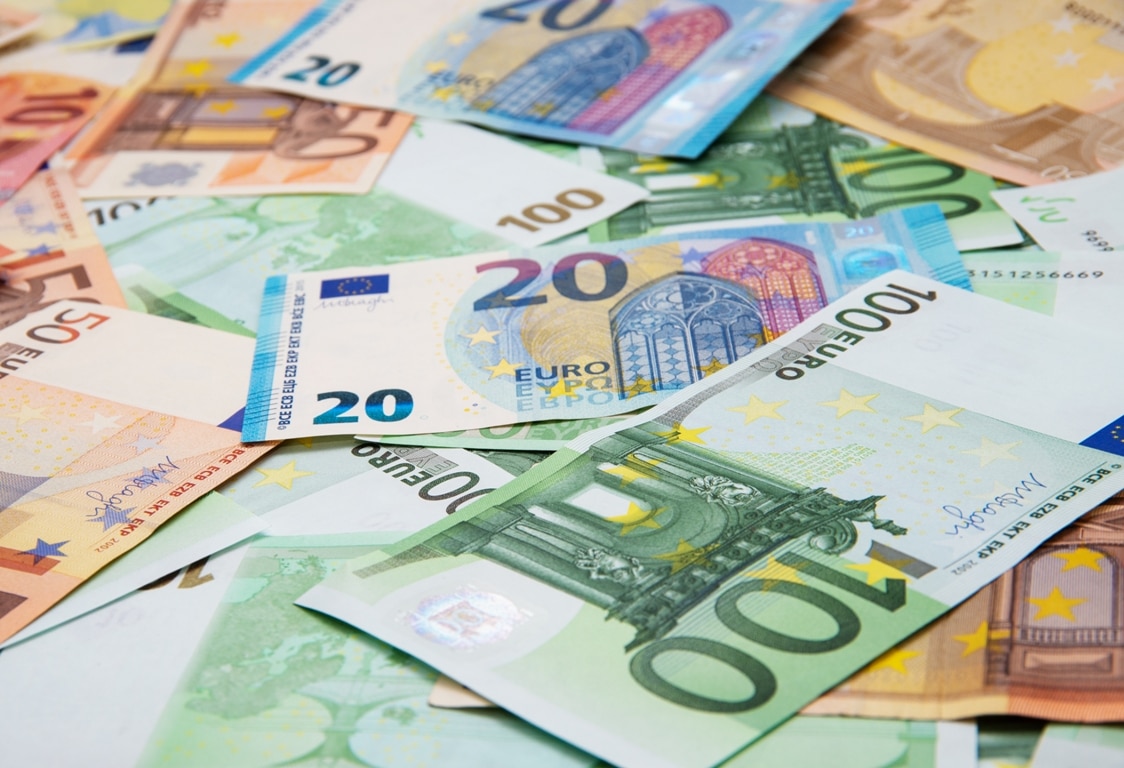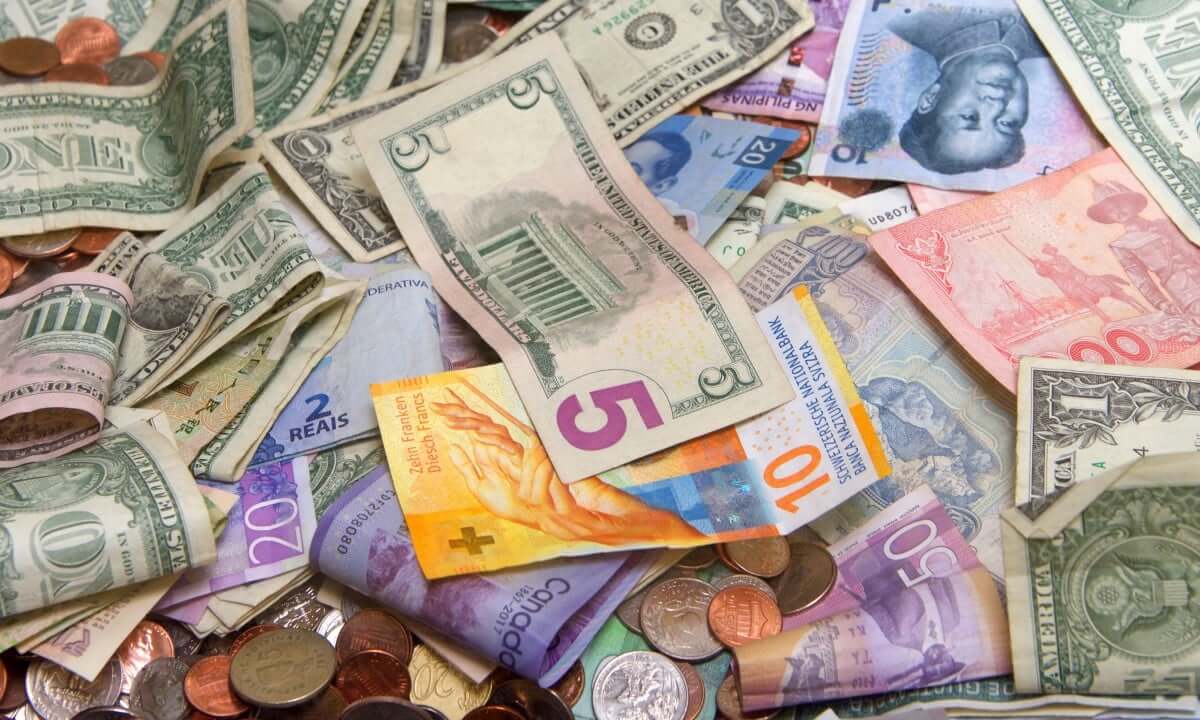The Euro Hit a High on Monday. What About the U.S. Dollar?

The Euro Hit a High on Monday. What About the U.S. Dollar?
The Euro skyrocketed to a nine-month high against the greenback on Monday. In Europe, some reports hinted about additional jumbo interest rate hikes. This news contrasted with market pricing for the U.S. Federal Reserve’s less aggressive stance. The common currency jumped as high as $1.0927 today, surpassing its peak of $1.08875. It exchanged hands at its highest level since April last year. The Euro stood higher by 0.2% at $1.0878 at last.
The European Central Bank’s governing council members Peter Kazimir and Klaas Knot supported two more 50 basis point increases at meetings in February and March. Their decision also bolstered the common currency. Analysts expect hikes of 50 basis points at the next two meetings from the ECB, along with an eventual rate peak of 3.25%. The current rate stands at 2%.
Rabobank head of currency strategy Jane Foley noted that investors also felt optimistic about possible recession amid a plunge in natural gas prices. She thinks that the growth in confidence about the economic outlook, or at least the removal of some pessimism, is part of the single currency’s story. Besides, it looks as if the central bank will raise interest rates fairly aggressively.
On the other hand, traders think there is almost no chance for the Fed to move by 50 basis points next month. New surveys about January economic activity reports due this week forecast that the data will show more improvement in the Eurozone amid dropping energy costs than in the United States.
What Do the Other Analysts Say?
Ray Attrill, the head of FX strategy at NAB, stated that if most recent PMI surveys are correct, the United States has lost its global growth leadership position. Moreover, investors expect U.S. inflation to decline further and faster than the Federal Reserve’s projections imply. Under this scenario, the greenback can tumble much further in 2023.
On Monday, the dollar index remained flat at 109.96 against a basket of currencies. It was slightly higher than its eight-month low of 101.510. However, the greenback soared against the Japanese yen. The Bank of Japan (BOJ) defied market pressure again and maintained its ultra-easy bond control policy at its meeting last week.
Economists expect the BOJ to stand the line until the next policy meeting, due in March. But the bank will name a new BOJ governor in February, and some changes might come after the new governor takes their post. Meanwhile, the dollar exchanged hands higher by 0.6% at 130.345 yen after last week’s wild fluctuations between the 127.22 and 131.58 ranges.
On Monday, the Canadian dollar climbed slightly to $1.3354 per USD. Investors are waiting for a Bank of Canada interest rate decision on Wednesday. Markets participants expect a quarter-point hike to 4.5% from the bank.
In Europe, the Sterling surged forward as high as $1.24475, hitting its highest point in seven months. However, the currency declined by 0.3% to $1.2355 later in the session.
How Are the EM Currencies Faring?
Emerging market currencies were muted today while stocks soared. China’s financial markets remained closed for a week as the country celebrates the Lunar New Year holiday. Meantime, Turkey’s lira plummeted after President Tayyip Erdogan confirmed rumors about early elections.
On Monday, the MSCI index for emerging market currencies traded flat. But regional stocks gained 0.2%, hitting their highest point in more than seven months. Emerging market currencies snapped their four-week winning streak last week due to renewed concerns about global growth after U.S. economic data came out weak.
Turkey’s lira declined by 0.2% against the USD today. According to President Erdogan, the country will hold elections on May 14, a month earlier than scheduled.
Moreover, the South African rand dropped by 0.4% against the greenback. Power utility Eskom decided to extend scheduled electricity cuts. The latter is a major brake on economic growth, causing investors to worry.
Despite that, South Africa’s top 40 indexes jumped by 1.3%, extending gains after skyrocketing to a record high in the previous session. On Monday, Russia’s rouble hit an almost one-week high against the dollar.
On the other hand, Kenya’s shilling plunged to a new record low due to increased demand for U.S. dollars from the energy sector and general goods importers.
The post The Euro Hit a High on Monday. What About the U.S. Dollar? appeared first on FinanceBrokerage.




